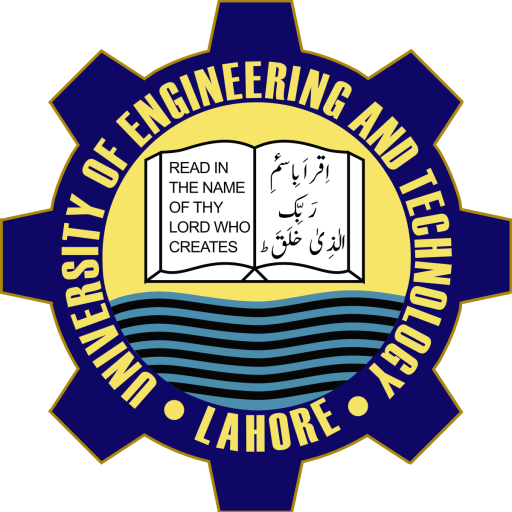Program Mission
To develop scientific and engineering knowledge and equip its graduates with modern skills in the field of geological engineering enabling them to become leaders in engineering practices and research for the socio economic development at national and international levels.
Program Education Objectives (PEOs)
- Demonstrate the proficiency of applying the scientific and engineering knowledge to identify, analyze and investigate the issues related to geological engineering practice.
- Express the ability and skills to utilize the modern tools to solve complex engineering problems with due environmental considerations.
- Exhibit the quality to work as an individual or in a team with leadership skills to design and supervise infrastructure projects by following professional ethics and adequate safety measures.
- Display the spirit of discipline, effective communication, continuous professional improvement and management skills while working in a globally competitive environment.
Program Learning Outcomes (PLO’s)
The following twelve program learning outcomes (as given in the PEC accreditation Manual 2014) have been adopted as the graduate attributes by the B.Sc. Geological Engineering Program at University of Engineering & Technology, Lahore.
- Engineering Knowledge: An ability to apply knowledge of mathematics, science, engineering fundamentals and an engineering specialization to the solution of complex engineering problems.
- Problem Analysis: An ability to identify, formulate, research literature, and analyze complex engineering problems reaching substantiated conclusions using first principles of mathematics, natural sciences and engineering sciences.
- Design/Development of Solutions: An ability to design solutions for complex engineering problems and design systems, components or processes that meet specified needs with appropriate consideration for public health and safety, cultural, societal, and environmental considerations.
- Investigation: An ability to investigate complex engineering problems in a methodical way including literature survey, design and conduct of experiments, analysis and interpretation of experimental data, and synthesis of information to derive valid conclusions.
- Modern Tool Usage: An ability to create, select and apply appropriate techniques, resources, and modern engineering and IT tools, including prediction and modeling, to complex engineering activities, with an understanding of the limitations.
- The Engineer and Society: An ability to apply reasoning informed by contextual knowledge to assess societal, health, safety, legal and cultural issues and the consequent responsibilities relevant to professional engineering practice and solution to complex engineering problems.
